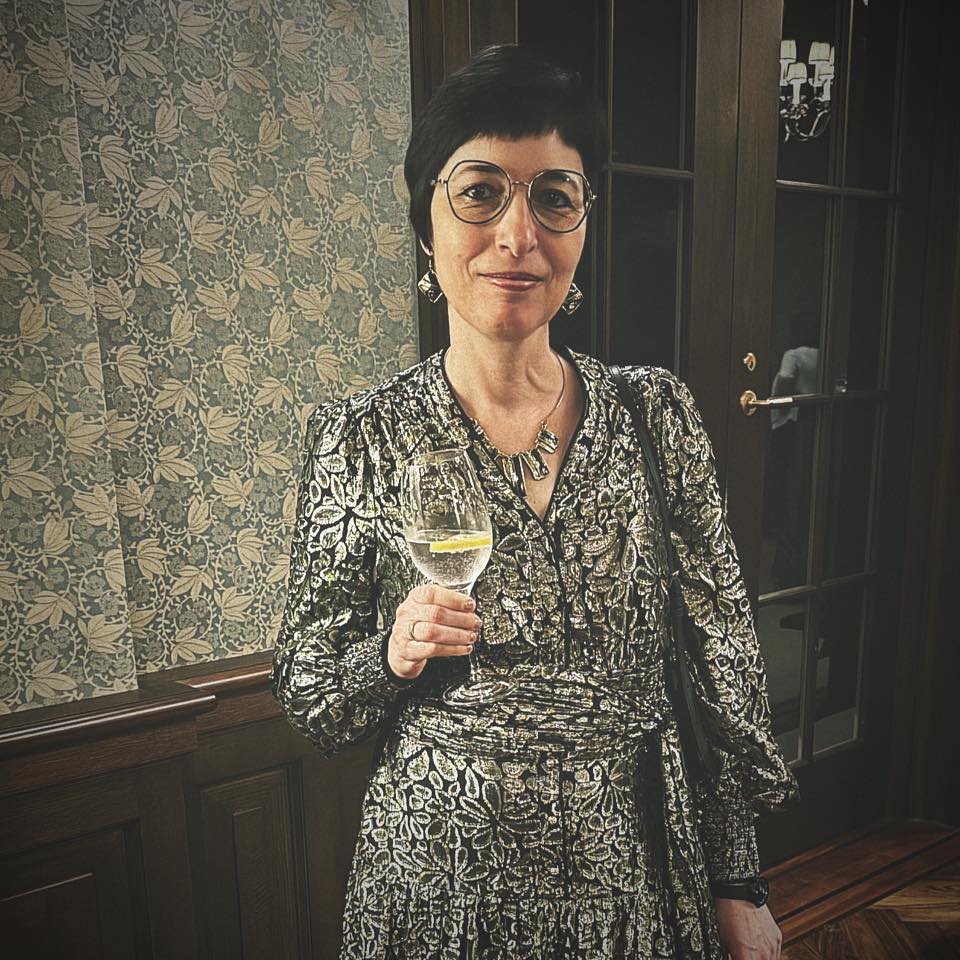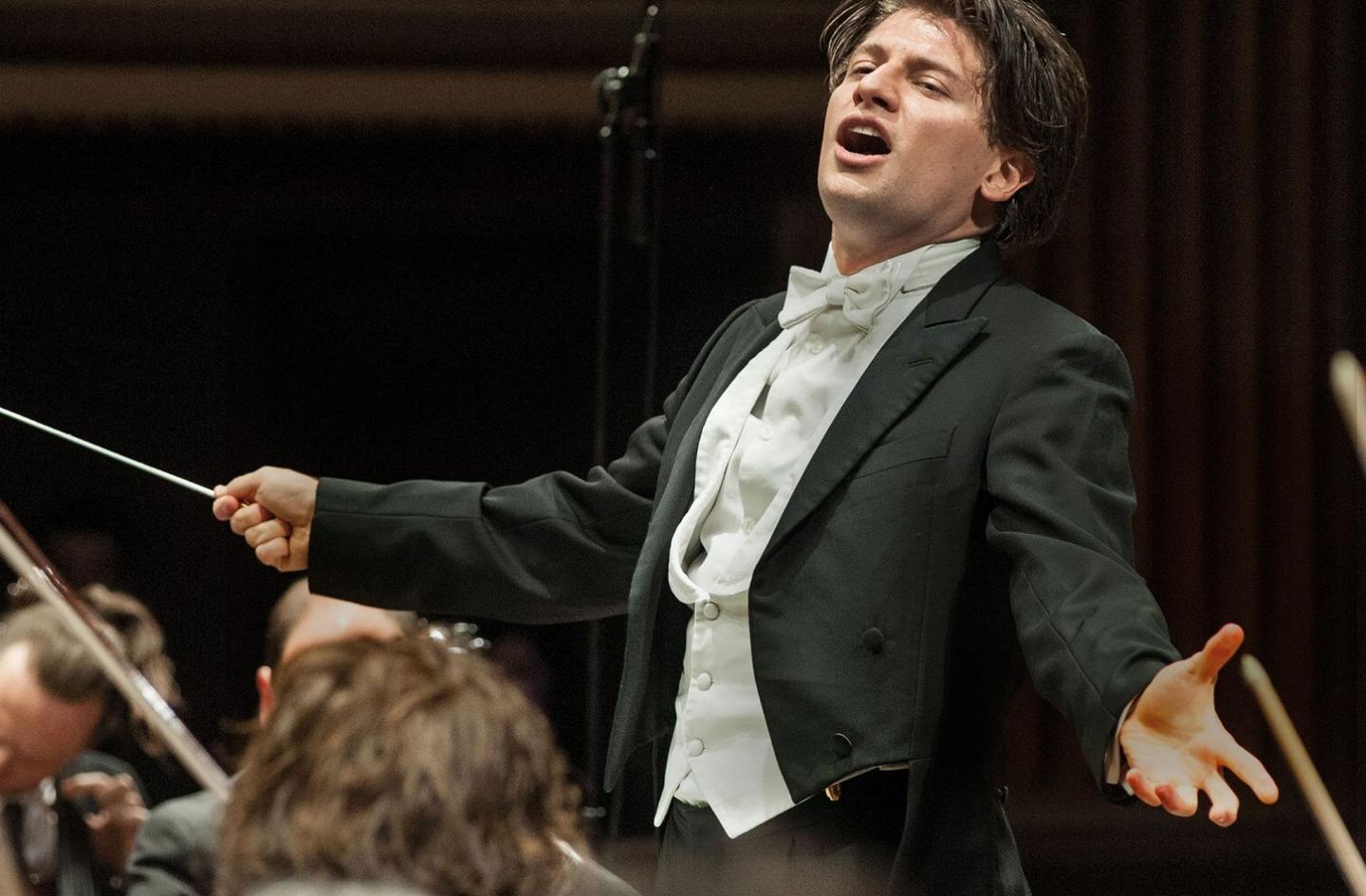This week’s free opera is luckless Gluck
OperaSlippedisc, courtesy of OperaVision, are focussing on Orpheus operas in the coming weeks, starting with one of the most successful.
Orfeo ed Euridice, premiered in 1762, is a turning point in the history of opera. Freeing the plot from the conventions of the 18th century opera seria, Christoph Willibald Gluck introduces fluidity to the drama. The rigid alternation of aria and recitativo is abandoned; continuity and unity are the cornerstones of Gluck’s reform. The movement of Gluck’s music – with its lyrical intensity and the interweaving of chorus, solo singing and dance – appeals to choreographers.
New National Theatre Tokyo has entrusted their new production to Japanese choreographer and dancer Saburo Teshigawara, known for the beauty and coherence of his productions. Here, he oversees the staging, set, costumes and lighting, with Masato Suzuki conducting the Tokyo Philharmonic Orchestra. In a month that OperaVision dedicates to the Orpheus myth, this stop in Japan is a key marker of the universal power of music. With his most famous aria Che farò senza Euridice enchanting generations, Gluck sets opera on a new path that would ultimately lead to Berlioz and Wagner. Orfeo is sung by counter-tenor Lawrence Zazzo, Euridice by Valda Wilson, Amore by Rie Miyake. the opera is sung in Italian with subtitles in English, Italian, Japanese, French and German.
The Plot: Orfeo is so consumed with grief at the death of his beloved Euridice that the gods allow him to lead her back from the underworld – if he will not look at her on the way. But who can resist looking at a loved one?
Available on 7th October 2022 from 1900 CET/ London 1800/ New York 1300.






Gluck was, to my ears, an astonishing visionary. It’s hard to believe that he was born nearly 42 years before Mozart. Apart from the greater fluidity of action that NL mentions, Gluck abandoned traditional rigorous counterpoint, which was the bedrock of baroque music that was ‘a la mode’ in his youth.
Handel said of Gluck that he ‘knows no more counterpoint than my cook’. Far from being a shortcoming, it was this that made his music sound so original. Gluck seemed to short-circuit the classical age too. ‘Divinites du Styx’ from ‘Alceste’ (particularly in the stunning 1961Callas recording), written when Mozart was only 11 years old, sounds like pure Berlioz.